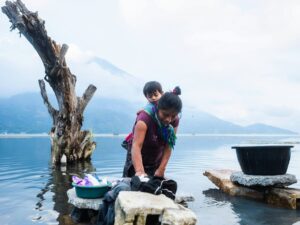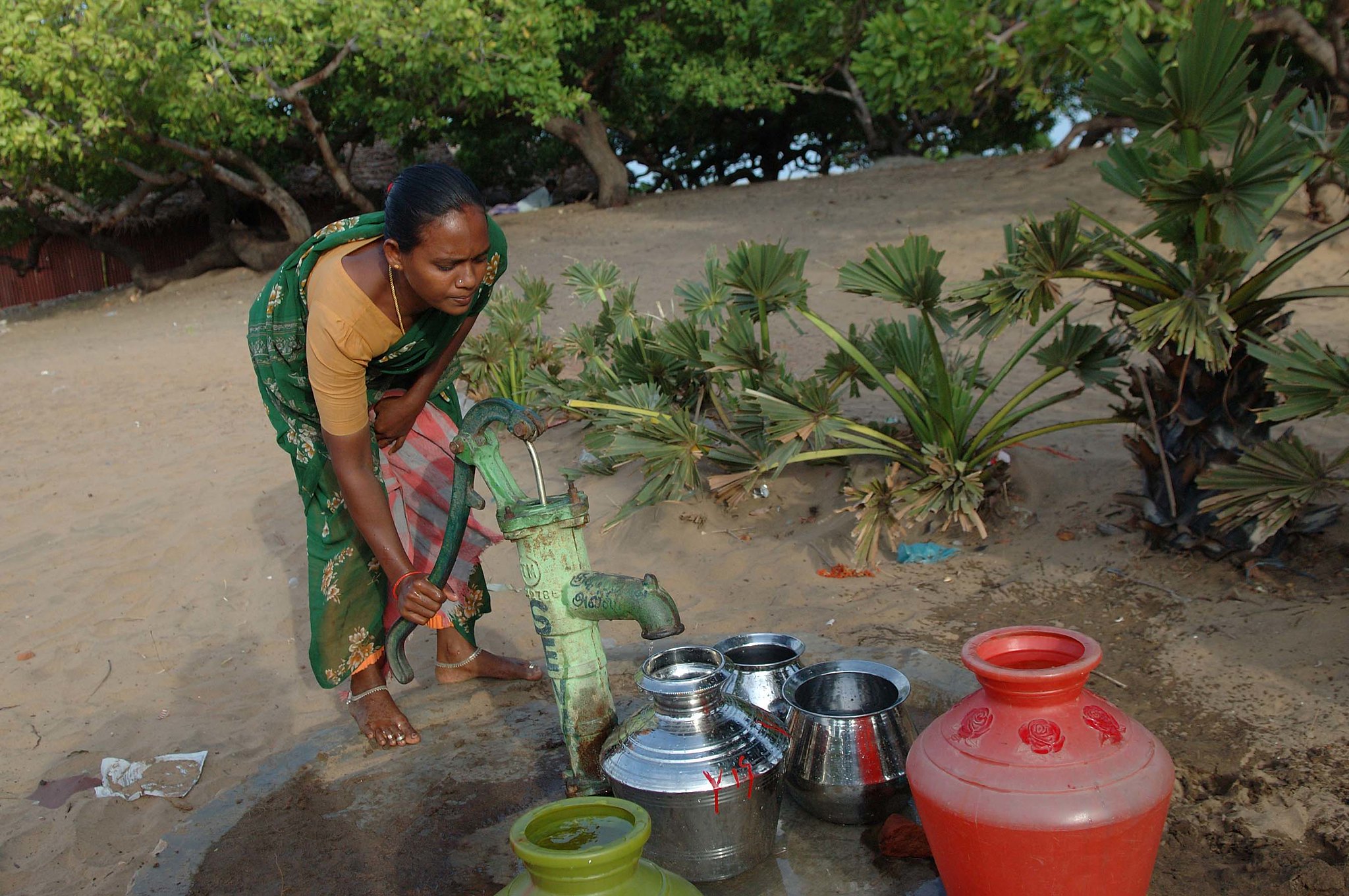Introduction
The ILO Department of Statistics has an active programme of methodological research to identify and promote good practices in the collection and reporting of labour statistics. This work is done both to provide support to countries and to inform ongoing standard setting work. The research work spreads across a wide range of topics with a changing focus over time reflecting latest demands and work required to support standard setting and implementation.
A substantial body of ongoing research involves the identification of best practices in labour force survey (LFS) design. The ILO is pursuing a modular approach to LFS questionnaire design based on thorough development and testing. Such an approach seeks to enable elements of a questionnaire to be added or dropped as needed with the aim of increased flexibility over time and across countries. An initial modular LFS has been published based on a major pilot study programme undertaken between 2015 and 2017. Since then, the ILO has worked across a range of topics with the aim to identify good measurement approaches on key subjects such as work relationships, green jobs, volunteer work, education qualification and skills mismatches, labour migration and others. The ILO will seek to continue this process in collaboration with countries and other partners to build on and improve existing tools and guidance over time.
LFS projects
The ILO partners with national statistical offices from different regions of the world to ensure the tools and guidance developed are grounded in national realities and relevant to countries with different socioeconomic contexts. The ILO also works with international agencies including the World Bank, FAO, UN Statistics Division as well as development partners such as Data2x of the UN Foundation and the Bill and Melinda Gates Foundation to promote wide implementation of ICLS standards across different household survey programmes and to improve knowledge sharing in survey design.
LFS pilot studies (phase 1)
Sri Lanka pilot
Time use
Volunteer work
Gender and informality
Latest posts
Research findings
Note: Many publications are available only in English. If available in other languages, a new page will open displaying the options on the right.



